Scientific Programme
Ari Zimran & Aimee Donald - Conference Co-Chairs
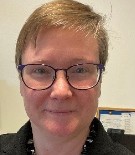
Royal Free London NHS Foundation Trust, UK

Manchester University NHS Foundation Trust, UK
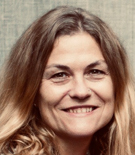
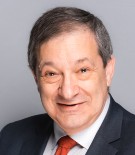


Shaare Zedek Medical Center, Jerusalem, Israel


The Gaucher Unit, Shaare Zedek Medical Center, Jerusalem, Israel

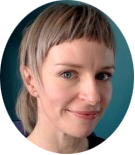
Manchester University NHS Foundation Trust, UK

Amnon Wittenstein, Michal Caspi, and Rina Rosin-Arbesfeld
Department of Clinical Microbiology and Immunology, Faculty of Medical and Health Sciences, Tel Aviv University
Familial adenomatous polyposis (FAP) is a rare inherited cancer predisposition syndrome characterized by the development of hundreds to thousands of colonic polyps, which will develop into colorectal cancer (CRC) if not removed. FAP is caused by mutations in the adenomatous polyposis coli (APC) tumor suppressor gene. Around 30% of these mutations are nonsense mutations, leading to the expression of a nonfunctional APC protein.
Different types of antibiotics or other compounds, called readthrough-inducing agents, can suppress such mutations, allowing the translation of a functional, full-length protein.
We have shown that different readthrough agents, including the antibiotic Erythromycin, can restore the function of APC in various model systems. Importantly, we have conducted a clinical trial where FAP patients were treated with Erythromycin to induce APC nonsense mutation readthrough. The trial outcome was promising as adenoma progression was delayed.
Unfortunately, none of the existing nonsense suppressors have sufficient potency, and many are too toxic for long-term use. We have recently found that inhibiting translation initiation by disturbing the translation initiation complex and targeting the elongation or termination stages of protein translation increases antibiotic-mediated nonsense suppression. Our results expose the complex relationship between nonsense mutation readthrough and the translation machinery and offer new approaches to improve the full-length protein production from genes containing nonsense mutations that are found in numerous rare diseases.

Shaare Zedek Medical Center, Jerusalem, Israel
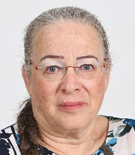
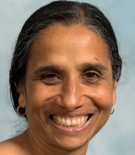
University of Cambridge and MRC Laboratory of Molecular Biology, UK

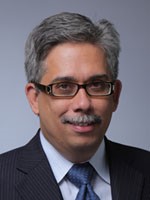
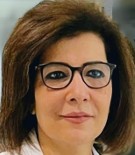
The Children’s Hospital & Institute of Child Health Lahore, Pakistan




